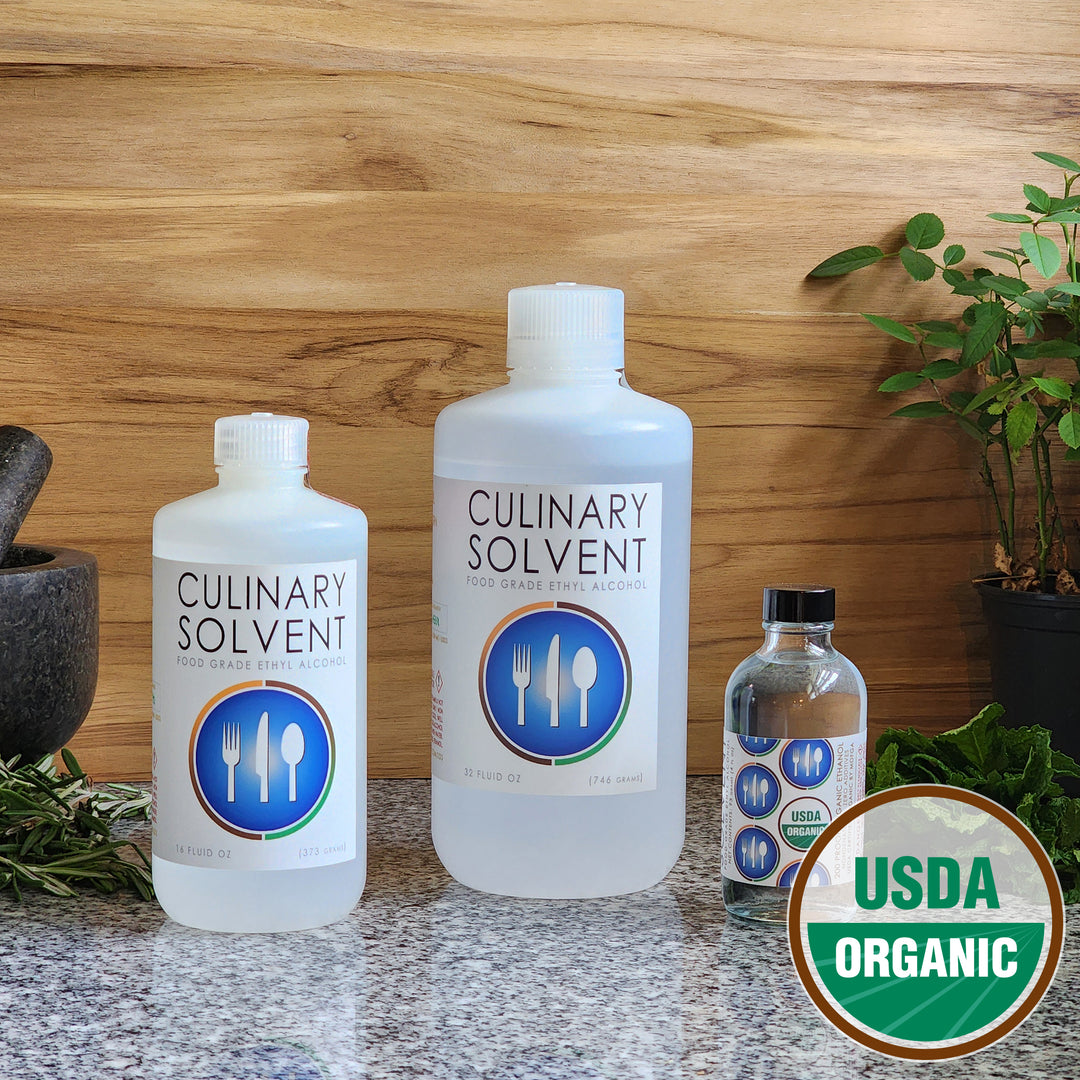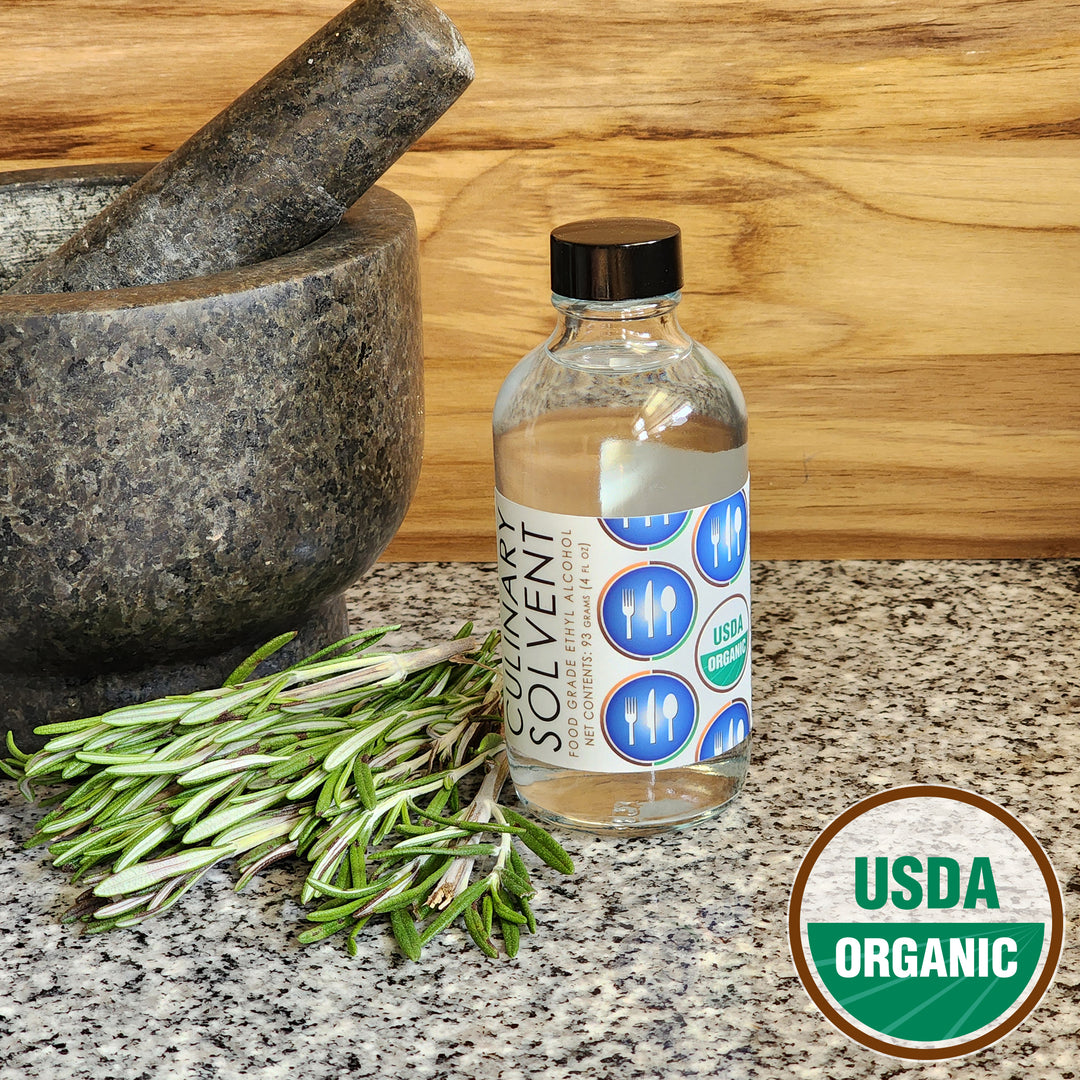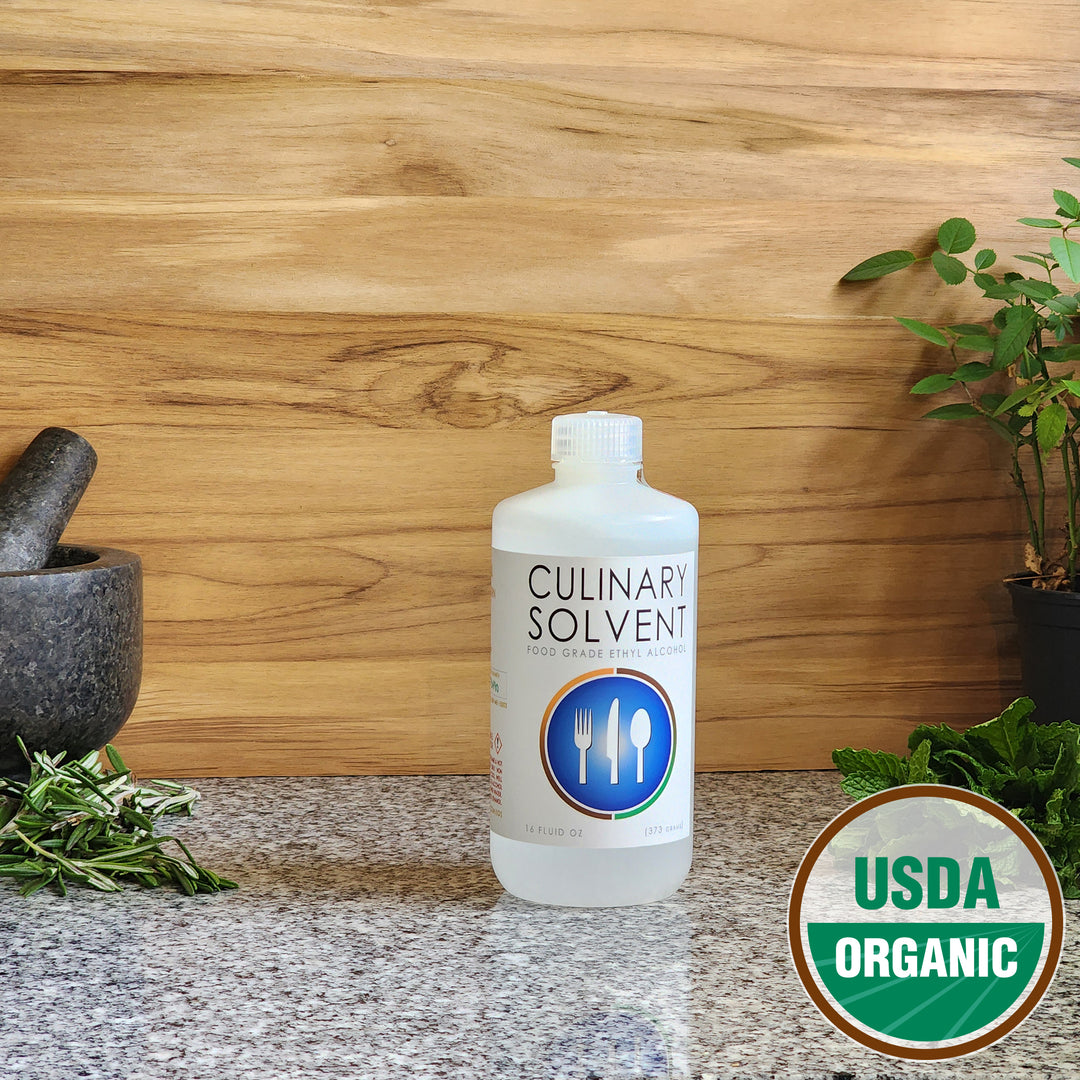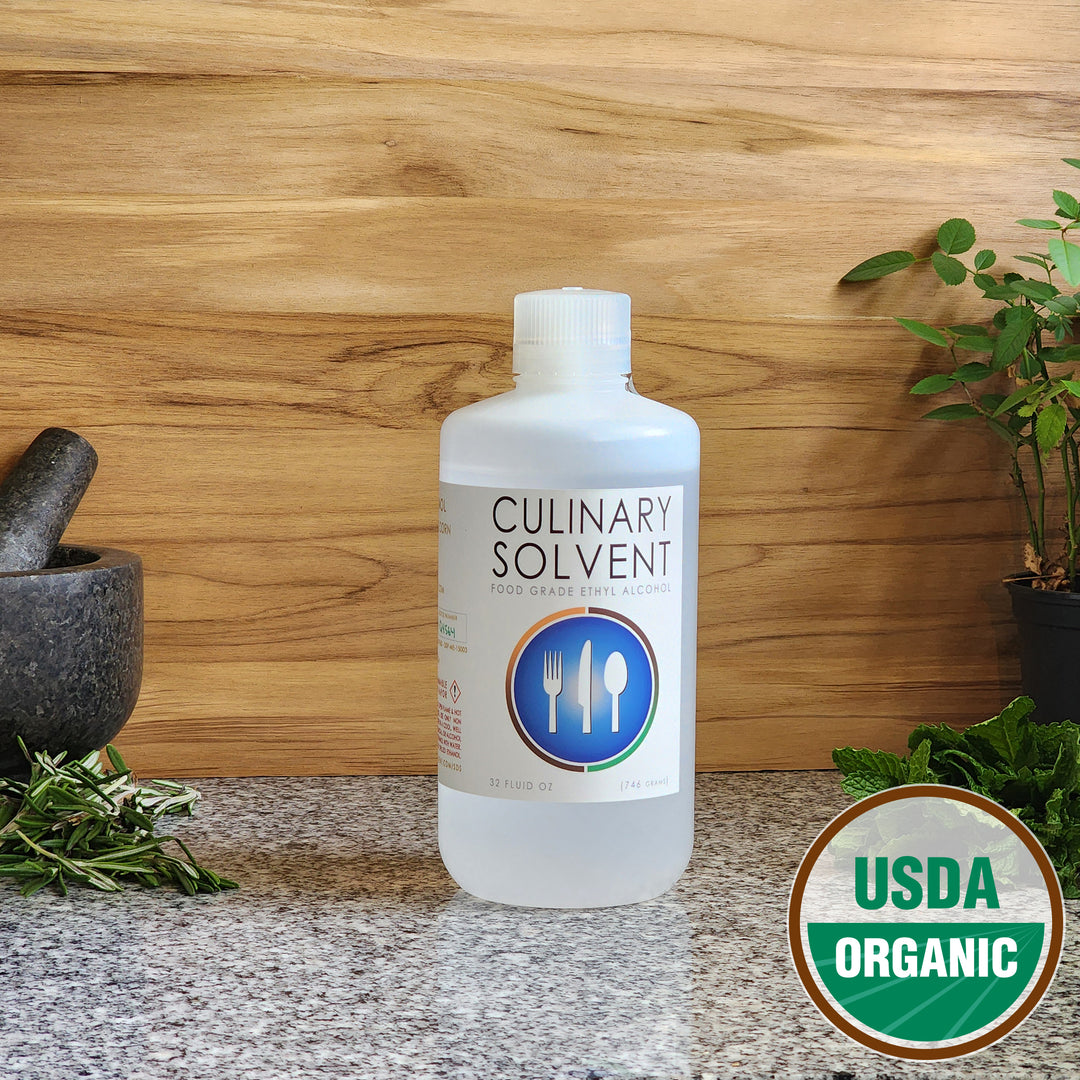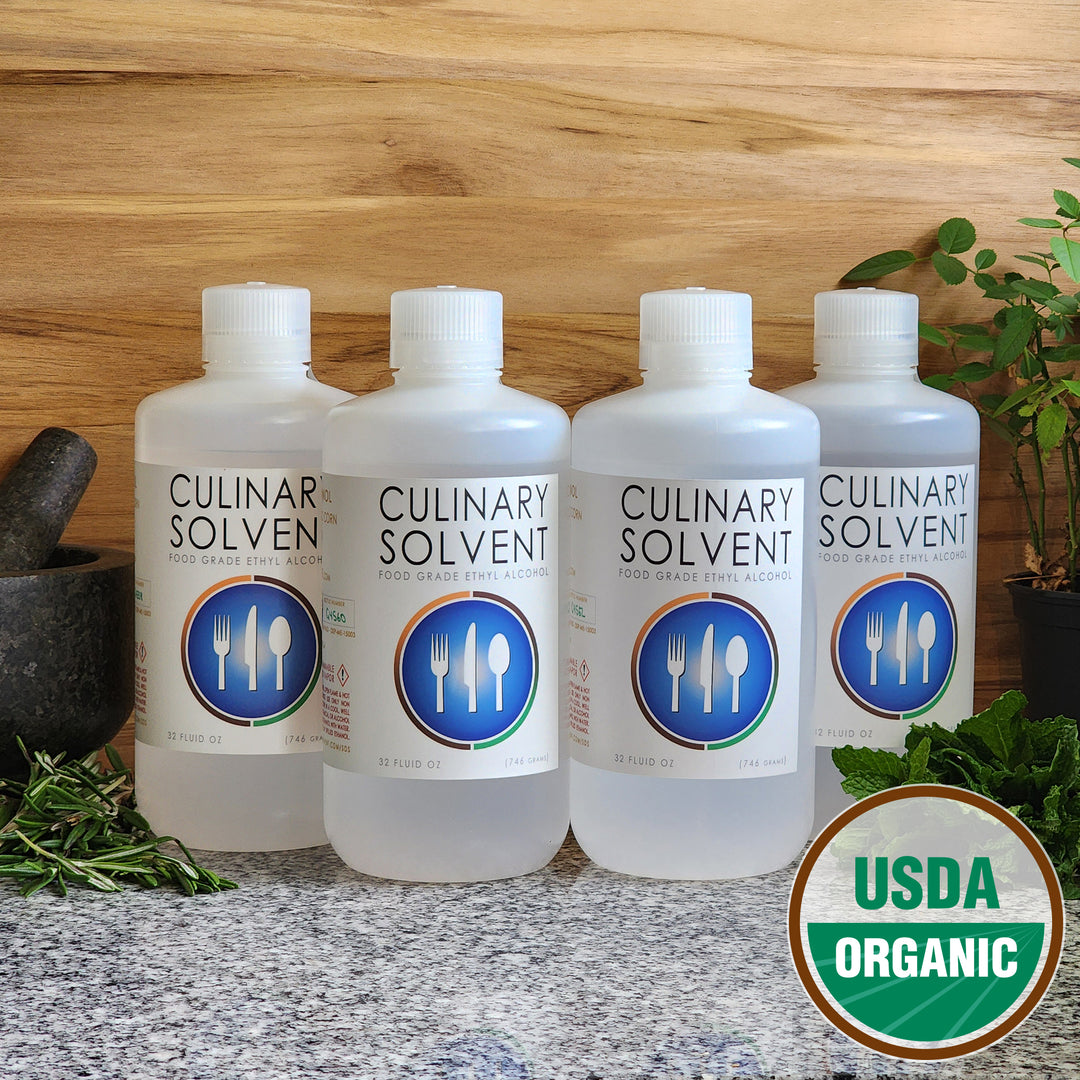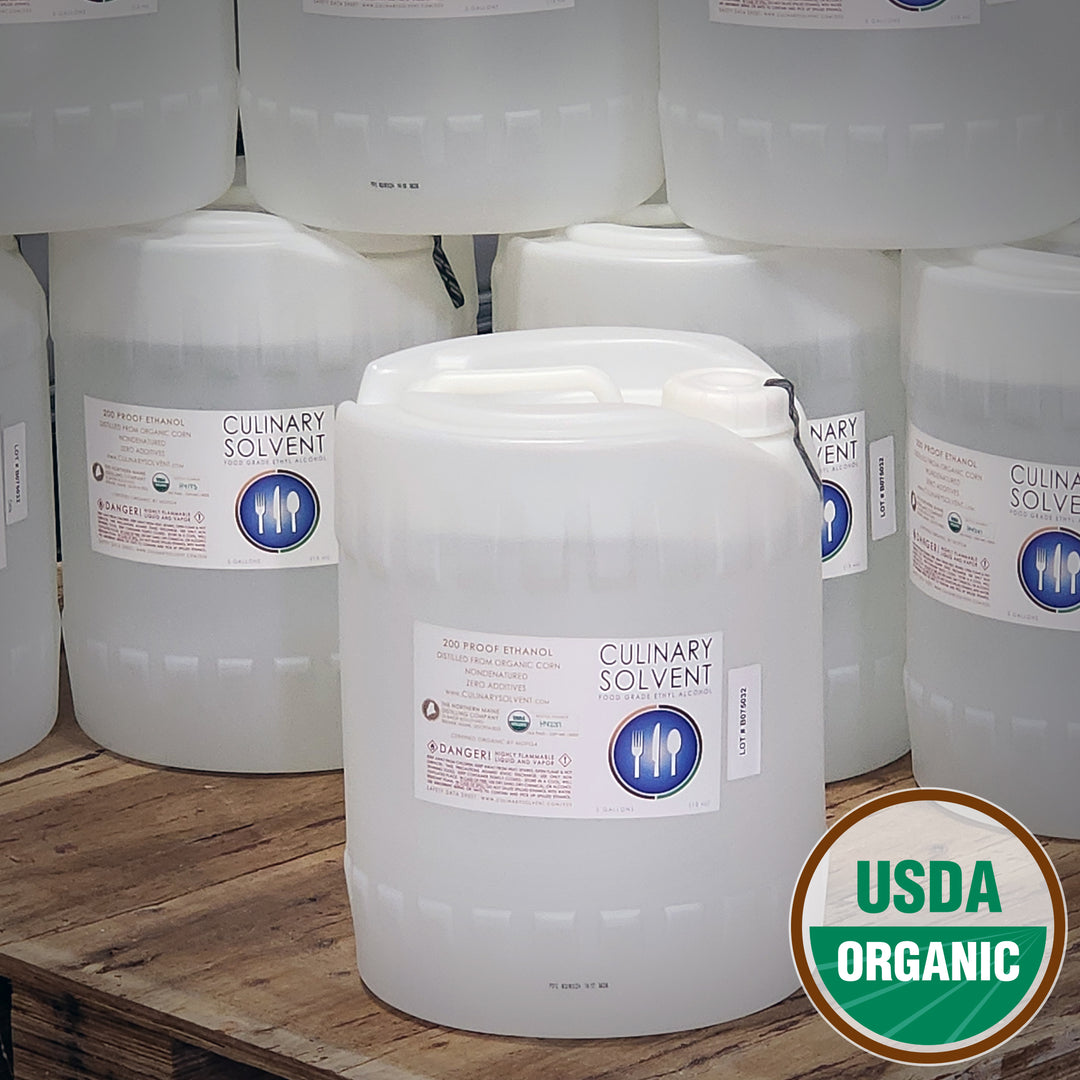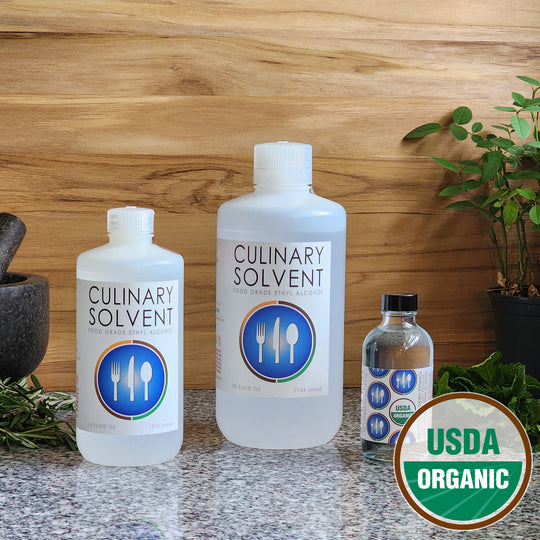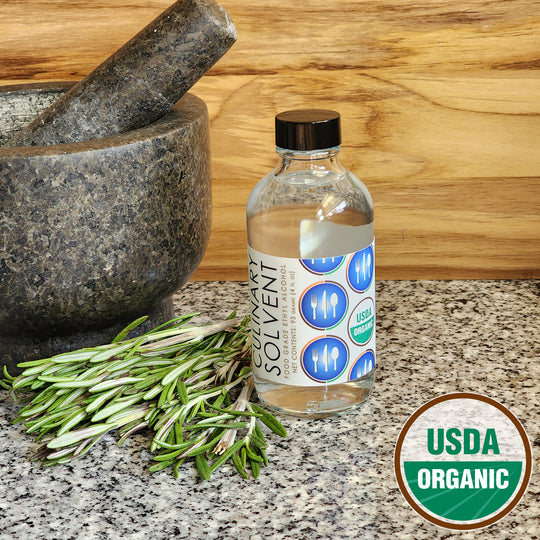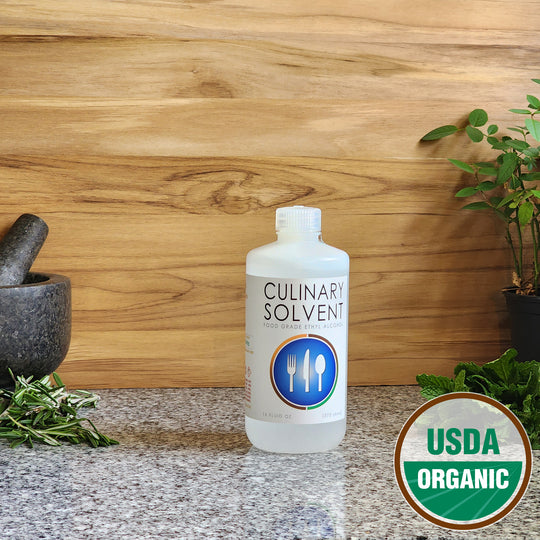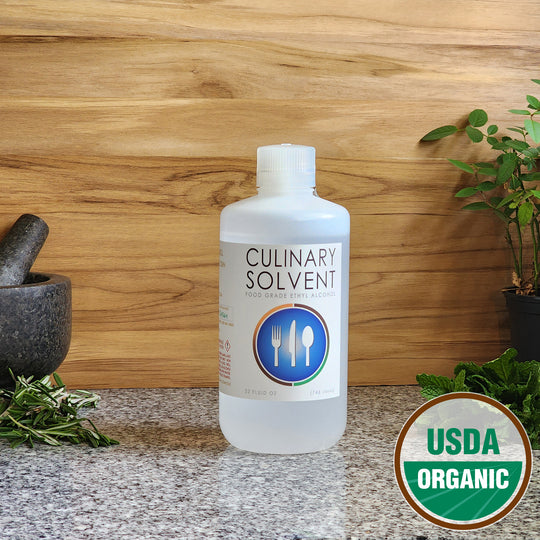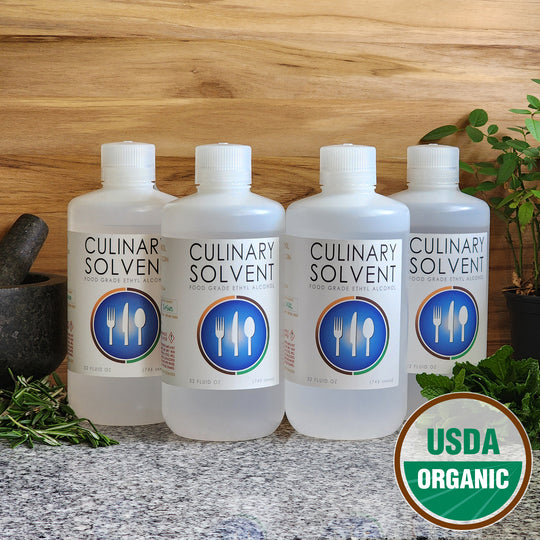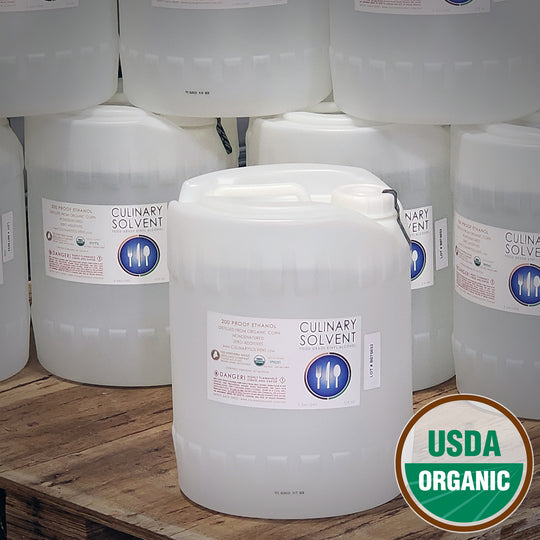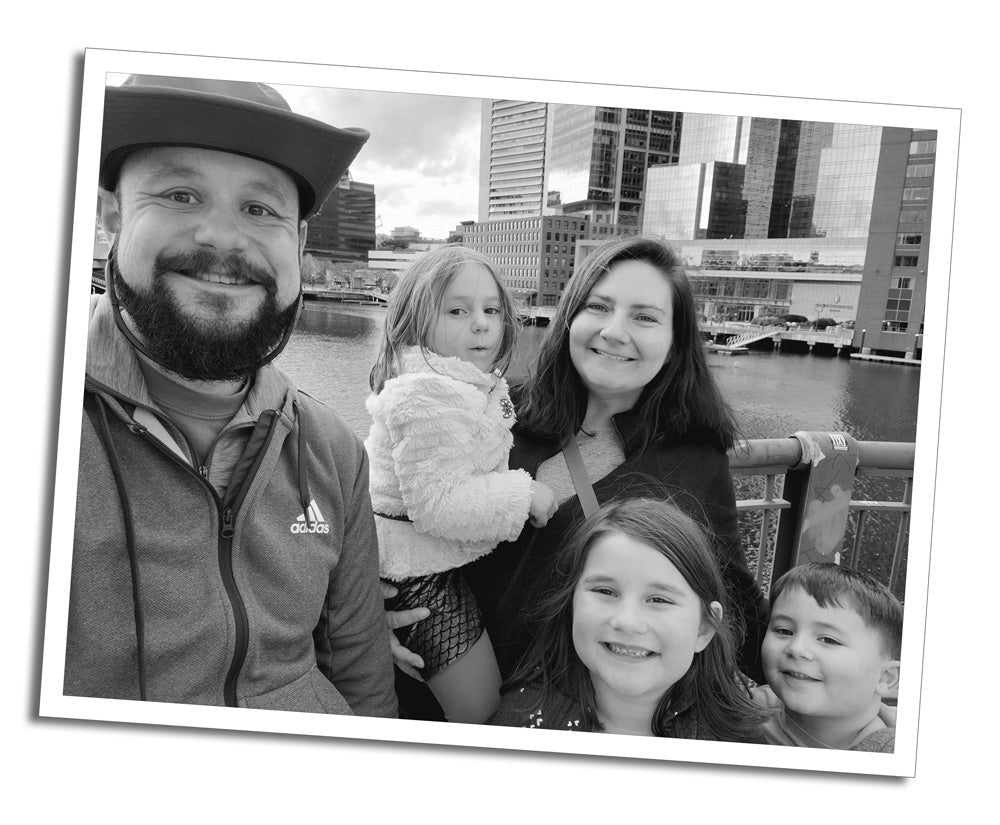Where is Everclear Alcohol Sale Illegal?
Safe Alternatives When Everclear 190 Proof Alcohol is Banned
States that allow 200 Proof Food Grade Ethanol include:
Why is Everclear Illegal in Only Some States?
When Federal Alcohol Prohibition ended in 1933, each state established its own regulations for the sale and consumption of ethyl alcohol. As a result, every U.S. state now has its own unique laws, departments, and regulations governing the sale and use of ethyl alcohol for both beverage and non-beverage purposes.
In the United States, the specifics of alcohol regulation covering which activities, substances, and uses are regulated, prohibited, or allowed vary significantly from state to state. Factors such as language, legal rationale, rules, and commission votes determine whether a high-proof alcohol product like Everclear is legal or restricted in each state.
Refer to the list of states below for more details on individual state rules and regulations.
High-Proof Alcohol is Legal for "Non-Beverage" Uses in Many States.
Pure, high-proof ethyl alcohol has a wide range of common non-beverage applications in today's commercial kitchens, industrial processes, organic settings, and good old fashioned DIY projects.
Popular examples include herbal tinctures, homemade perfumes, vanilla extract, cocktail bitters, flavor extracts, all natural food coloring, cannabis concentrates, surface disinfectants, hand sanitizer, edible decorations, additive manufacturing, shellac, electronics repair, cannabis processing, and as an all-around safer (non-toxic) alternative to denatured alcohol blends for artisans and crafters, just to name a few...
As a result, nearly every state in the U.S. has established specific regulations for the sale and import of pure 200 proof alcohol for "non-beverage" purposes. These regulations may outline legality based on the alcohol's properties (such as a minimum of 190 proof) or by its approved uses (often stated to include toiletries, perfumes, body care products, commercial processing, medicinal preparations, educational, and institutional purposes).
If you live in a state like California, Washington, Nevada, Florida, Ohio, Minnesota, Iowa, Virginia, Maine, New York, Pennsylvania, Hawaii, New Hampshire, or North Carolina where Everclear is banned from store shelves, 200 proof food grade ethanol is specifically allowed and may be ordered online.
Is Culinary Solvent the Same as Everclear?
Both Culinary Solvent and Everclear are pure, ethyl alcohol products, but the similarities end there. Learn more on our blog about how Everclear and Culinary Solvent are similar, how they are different.
Everclear® is a registered trademark of Luxco, Inc. and is not affiliated with Culinary Solvent or The Northern Maine Distilling Company.






